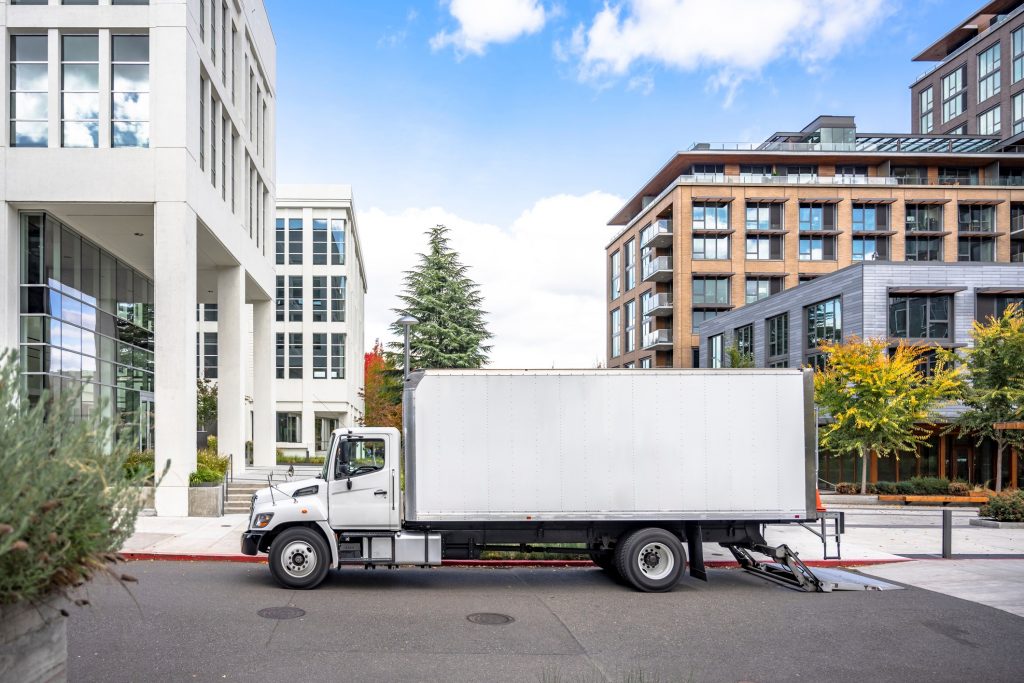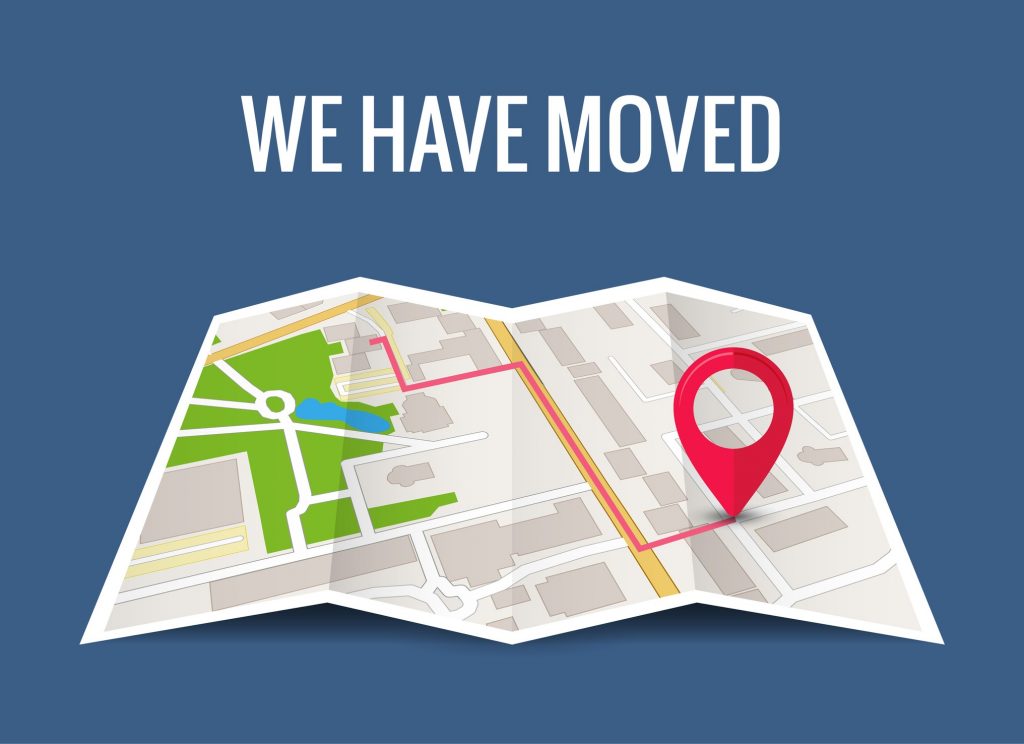Is your business relocating? Here are some tips to relocating your business. First off, define relocate. Are you moving from place to place in the same city or state or moving a business to another state? Are you downsizing or upsizing? Then start asking yourself, is it a good time for a business move? What are the reasons for your change in business location, and how will it affect your revenue when moving from one place to another? The relocation of a business can be tough, so these are some things to consider when moving.

#1 Redesigning Your Business
Sometimes you’ll find that you don’t even need to move your location of business, that a redesign and better use of space are all you need. In this case, costs can be kept low; you may want to do it yourself or commission business movers and an interior designer if it’s within your budget.
#2 Downsizing Your Business
If you’re downsizing to save money, ask yourself if you even need an office. Many jobs today can be done by working remotely, and meetings can be held in public spaces, shared office spaces, coworking spaces, or online with programs like Microsoft Teams, Zoom, or Skype. If certain employees are better equipped to work from home and others require a physical location, downsizing your office space may be a great idea to save money when moving to a new place of business.
#3 Upgrading Your Business
Have you been blessed with significant business growth? It may be time for an office upgrade unless you want to stagger your employees’ time in the office with hybrid schedules. If you’re still planning to upgrade your space, you should list what you plan to accomplish from the office. Ask yourself these questions to get prepared for business moving.
- Will clients be coming to the office?
- Will there be a customer service team answering phones?
- Will it be an open concept office, or will employees need more privacy?
- How many employees do you have?
- Will products be created from the office?
- Will products and services be sold out of the office?
- How large are the meeting rooms?
- Will you be shipping from the office?
- How is the internet connection?
- Will marketing be done from the office, including photography, videos, and podcasts?
- Is the office turnkey, or does it need renovations?
- Is the office in a good location?
- Does the office have a good layout that makes efficient use of the space?
#4 Rent or Own?
To rent or to own? Well, first off, how long do you plan to stay in your new space? You are likely to save money by purchasing your office space instead of renting for extended stays, but that may not be in everyone’s budget. By purchasing commercial real estate, you can gain equity, and by making smart decisions, you could actually turn a profit on the office building when moving a business again. Location, upgrades, and renovations will all play a part in the success of this future sale. However, today’s interest rates are unusually high, so keep that in mind when purchasing your office space. Talk to lenders, and find a savvy real estate agent who is a good negotiator willing to fight for their client when you move a business.
If you have an ever-growing team and a smaller budget, renting might be a great alternative for your business relocation. Make sure to read every document in your contractual agreement before signing. Review the terms of the lease and have your attorney do the same. Don’t get locked into something that you can’t handle. Will you potentially need to break your lease before the terms are up? That can get expensive. Read reviews from previous tenants, and don’t jump into something too quickly.

#5 Location for Business
Location is very important, not just for purchasing your office space but also for resale value. Are you close to public transportation, shipping facilities, restaurants, and other businesses and vendors? Will your moving costs skyrocket with this new business location? And, more importantly, will your employees have trouble getting to the new business location? Will employees need to relocate to work at the new office? If so, do you have it in your budget to help pay for some of these relocation costs? Will employees have longer commutes? Can you afford to lose employees and train new ones if some seek employment elsewhere due to an inconvenient location? How will the relocation affect your own commute? Input from you and your team matters.
#6 Moving Timeline
What’s your moving timeline? Do you need to be out of your current office on a certain date, and how does this coincide with the closing of your new property? Will you need to rent a storage unit or will professional movers be relocating your stuff the same day? Is the timeline rushed or does it give you leeway?
#7 Moving Announcements
Don’t forget to announce your big move!
- Update your website to reflect the new address
- Update Google Maps
- Update Google My Business and other listing sites
- Update your print marketing deliverables like business cards
- Update email signatures
- Update social media
- Update invoices
- Update answering machines
- Update vendors
- Update the post office
Lastly, remember to send out moving cards to your customers.

#8 Move in Phases to Avoid Complications
If you have the ability, move in phases, and don’t do it all at once. Moving all at once can be stressful and distracting while taking time away from your business. In the process of a poorly-timed move, you can lose business and even longtime customers. If employees are directly affected by these distractions, it will also diminish their capacity to work efficiently. Allow employees to work from home, even just temporarily, if the move becomes too much.
#9 Moving Budget
What’s your budget? There is a lot more you need to consider other than the purchase or rental of your commercial property, like:
- Real estate fees
- Legal fees
- Interest rates
- Renovations
- Time not working
- Moving costs
- Design, décor, and furnishings
- Supplies and technology
- Marketing deliverables announcing your move
- Etc.
The most important thing to remember is that unexpected costs can and usually will come up, so give yourself a safety net.
For moving announcements, marketing collateral, office supplies, and more go to www.brookhollowcards.com.
